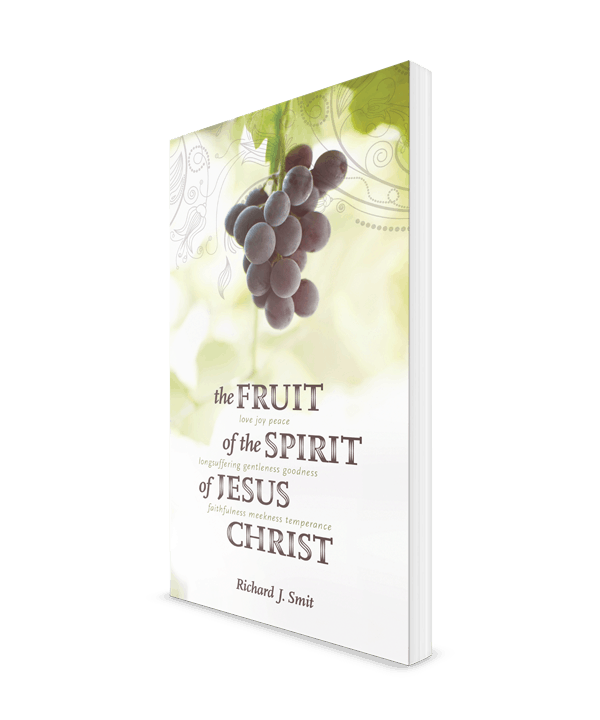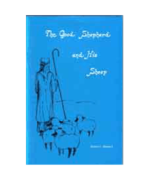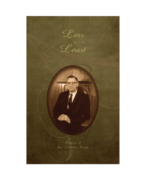John Calvin wrote in his commentary on Galatians 5:22 about the fruit of the Spirit,
There have often appeared in unrenewed men remarkable instances of gentleness, integrity, temperance, and generosity; but it is certain that all were but specious disguises. Curius and Fabrieius were distinguished for courage, Cato for temperance, Scipio for kindness and generosity, Fabius for patience; but it was only in the sight of men, and as members of civil society, that they were so distinguished. In the sight of God nothing is pure but what proceeds from the fountain of all purity.
Richard Smit explains positively this wonderful fruit:
… the Spirit produces in his living branches this delightful, covenantal fruit. A heavenly and spiritual sweetness and goodness characterize and permeate the whole fruit. Yet, the Spirit shows us in Galatians 5:22-23 that this one fruit has many distinct sections, which in their own unique way are filled with the spiritually delicious sweetness and goodness of the Spirit … That is the fruit that is delightfully tasty to our Father in heaven and also to our fellow saints upon earth who see and taste this fruit and are consequently delighted by it (pp. 16, 17).
This beautiful paperback of 155 pages, suitable for young and old, discusses the nine aspects of this sweet fruit of the Spirit (found in Galatians 5:22-23) that proceed from that fountain, Christ, and which by His Spirit He works in His saints. The book encourages branches of believers and their seed unto a life of good fruit-bearing.
New author Richard J. Smit first wrote about the fruit of the Spirit in a series of articles that appeared in the Standard Bearer and now appear in book form in this new publication. Rev. Smit has served as a pastor in several churches in the Protestant Reformed Churches in Canada and America. He has also served as a missionary to the Philippines twice, ministering for over a decade to the saints there, to whom his book Fruit of the Spirit is dedicated.
The following review was written by Ava Langerak on the book The Fruit of the Spirit of Jesus Christ by Richard J. Smit (Jenison, MI: Reformed Free Publishing, 2012). This review was originally published in the August 2023 issue of The Grandville Gleaner.
The author, Richard J. Smit, starts the book by laying out the fruits of the Spirit: love, joy, peace, longsuffering, gentleness, goodness, faithfulness, meekness, and temperance. Next, he draws attention to the fact that the fruit is not simply produced by us but instead by the outstanding work of Christ, by the Spirit, in and through us.
The author takes the time to explain each different fruit in its own chapter, explaining how that individual fruit is worked in us by Christ and how we can continue to exercise and enjoy that fruit in our walk of faith with Christ. The author also quotes from Scripture to provide the basis behind what each chapter teaches you.
He then ends each chapter with a list of questions to make you pause and reflect and in turn take time to make sure you understand the chapter. These 5-6 questions ending each chapter cause the reader to process what they just read about instead of just looking over the words. They test their understanding, with some questions being simple and others tat the reader must take time to think about.
The whole book is only 155 pages separated into 11 short chapters making it easy to read. The book is clear enough in its explanations that most readers can read it and understand what it is teaching. This book is great for personal use to learn of the wonderful fruit of the Spirit and all of their different aspects that can be seen in a Christian’s way of life.
“My son has been ploughing through the book first, and he’s trawling through it slowly. He’s finding the book very rewarding and challenging. So the book is very encouraging.” – Cornwall, England
“I have needed the challenge of The Fruit of the Spirit of Jesus Christ.” – Yorkshire, England
“I can’t thank you enough for The Fruit of the Spirit of Jesus Christ book. What a privilege it is to be blessed every time I read from it.” – England









